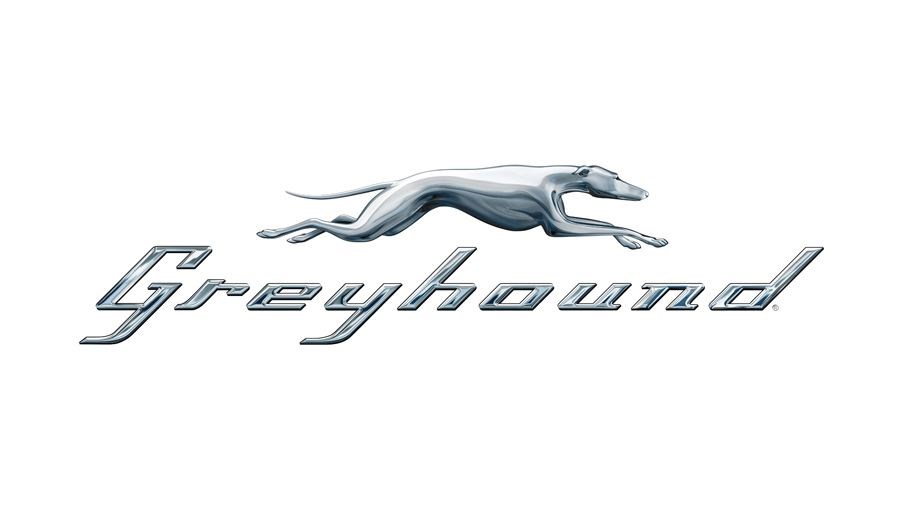Valerie Peters is dreading the day the last Greyhound bus pulls out of Quesnel on Oct. 31.
The inter-city bus company, which announced last month it was discontinuing all bus routes within Western Canada, is cutting off the only way Peters has of getting to her job in Vancouver.
Since she lost her full-time job in the oilpatch and has had to go on to a disability pension, she takes work as she can get it in the film industry.
"I had an accident and for medical reasons I can't work at my old job any more," she said. "So somebody said, go to Hollywood North and be an extra, so that's what I do, part-time."
She's one of thousands of passengers who will be left without regular bus service in parts of the province without scheduled bus service.
And it's still uncertain whether or not people in areas where bus companies have applied to offer service -- but haven't yet been approved -- will have service on Nov. 1.
"We're still waiting on the Passenger Transportation Board to approve our application," said John Stepovy of the Edmonton-based Ebus company that would like to operate scheduled daily bus service between Kelowna and Vancouver and between Kamloops and Vancouver.
Peters, who doesn't drive and who lives outside of Quesnel, takes the 11-hour ride into Vancouver whenever she gets a gig, and stays with friends to cut expenses.
She said without a vehicle, it's difficult for her to take steady work in Quesnel "and this is the only way that I can make a little cash."
But with Greyhound cutting service in about two weeks, "People are starting to panic," she said.
The transportation board has received seven recent applications from bus companies wanting to provide scheduled inter-city bus service.
One between Nelson and Kelowna has been approved, two servicing Whistler will be reviewed shortly and decisions are "pending" for four other proposals, according to the PTB website.
"We have all the applications and we have the status of them posted," said board director Jan Broocke.
"All I can say is the board is well aware of the exit of Greyhound and (board members) are reviewing the applications," she said.
Ebus has its coaches ready to hit the road and has been hiring extra drivers but will need some time to set up the pick-up and drop-off network and arrange other operational details, which will take at least two weeks, said Stepovy.
"We're getting to that critical point," he said. "We can't secure (pick-up and drop-off points) because we don't have a licence."
"We're still hoping to start the service before Greyhound leaves, he said, adding that is increasingly less likely as the days pass without a licence decision.
Greyhound said its pullout was necessary because of a 40 per cent drop in ridership since 2010.
Peters said if no company wants to provide service in the more rural parts of the province, "I think it should fully be the government's responsibility" to offer inter-city bus service.
B.C. Transportation Minister Claire Trevena didn't respond to a request for comment.
But the ministry sent an emailed statement saying it "recognizes the importance of encouraging the private sector to take over routes that will no longer be served by Greyhound" and that "several" have applied.
"We urge other private operators interested in applying to provide service on any route in B.C. to make an application to the Passenger Transportation Board as soon as possible," the statement said.
Quesnel Mayor Bob Simpson said service groups have been responding to inadequate bus service by arranging rides for locals to medical appointments free or at a nominal fee and he expects that to continue.
But it's not ideal because "it's all on the backs of volunteers."
And he shares Peters' concern about safety if the lack of options pushes people to hitchhiking.
Workers all commuting to the same out-of-town work sites have been carpooling. He said people have to come up with creative solutions to shared or public transportation, such as car sharing or an Uber-style system.
While recognizing that a government-subsidized service would likely be cost-prohibitive, (Quesnel Mayor Bob) Simpson said it's not up to municipalities to provide inter-city bus service.
"It can't be a community by community solution," said Simpson. "It's an inter-community problem and it needs to have an inter-community solution and the best entity to lead that is the provincial government."



